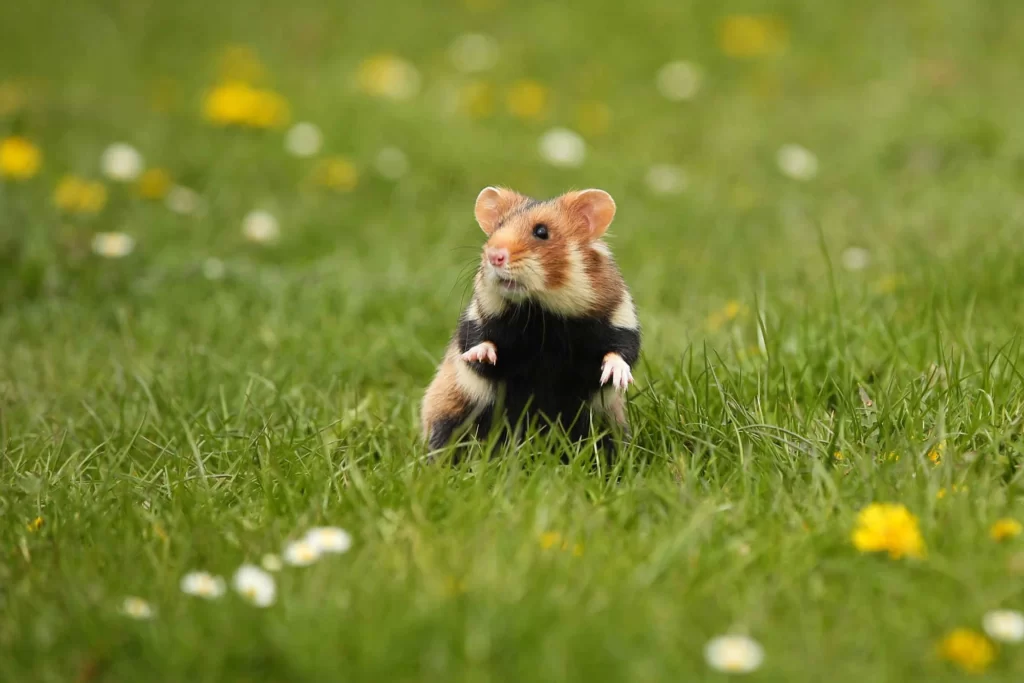
Do Mice Eat Grass! Mice, those little, tricky animals that hurry about in our homes and fields, have forever been encircled by a shroud of interest. While many individuals know about their omnivorous nature, a typical inquiry that frequently springs up is whether mice eat grass. In this article, we will dig into the charming universe of mice and their dietary inclinations, investigating whether they snack on grass. Thus, we should set out on this entrancing excursion to unwind the green secret!
Table of Contents
Understanding the Mouse Diet
To start our mission, it’s essential to comprehend that mice are artful eaters. This implies they are not exceptionally particular with regards to food. Their eating regimen shifts significantly relying upon their current circumstance, accessible assets, and the seasons. As a general rule, mice will more often than not be omnivorous, and that implies they’ll eat both plant and creature based food varieties. Be that as it may, does this incorporate grass?
Mice and Plant Matter
Mice are known to have an inclination for seeds, grains, and natural products. Truth be told, these little rodents can be an irritation in grain storage spaces or gardens, where they promptly consume the seeds of different plants. Notwithstanding, with regards to grass, their relationship is a smidgen more intricate.
Grass in a Mouse’s Diet
While mice may not make a propensity for feasting on grass, they aren’t completely opposed to it all things considered. Mice have been noticed snacking on grass sporadically. This conduct is more normal when other food sources are scant or when the grass is delicate, youthful, and lavish. Thus, the possibility of mice eating grass isn’t totally unrealistic.
There could be a few reasons for this behavior:
- Fiber Intake: Grass can give a wellspring of fiber in a mouse’s eating regimen. Fiber helps with absorption, and mice could go to grass to enhance their eating routine when their essential food sources miss the mark on significant part.
- Water Content: Grass likewise contains some dampness, which can be fundamental for mice, particularly in dry circumstances when water sources are restricted.
- Tooth Maintenance: Mice have consistently developing incisors, and chewing on grass can assist with keeping their teeth at an ideal length. Biting on stringy materials like grass helps with keeping their teeth from congesting, which could prompt dental issues.
- Plant Diversity: In the wild, mice could at times consume plants like grass to broaden their eating regimen. This could be a method for surviving to guarantee they get a scope of supplements.
Thus, it appears to be that while grass may not be the favored decision on a mouse’s menu, it can fill different needs in their eating regimen.
Urban vs. Wild Mice
It’s crucial for note that the dietary propensities for mice can fluctuate contingent upon their territory. Metropolitan mice, those that live in and around human designs, may have simpler admittance to food scraps, grains, and other human-gave edibles. Accordingly, they may be less disposed to consume grass contrasted with their wild partners.
Wild mice, then again, should depend on the assets accessible right at home. In country and wild settings, wild mice could integrate grass into their eating routine all the more every now and again, particularly when it’s important for their normal environmental factors.
- Exploring the Radia WindRunner | The World’s Largest Aircraft
- Most Useless Big Projects of the China?
- End of The Line Neom Saudi Arabia’s Linear City
- Why China and Russia Fear the B-21 RAIDER Stealth Bomber
- How Waste Plastic is Converted into Fuel
Conclusion
All in all, whether or not mice eat grass is certainly not a basic “yes” or “no” reply. While grass may not be their best option with regards to food, mice are known to snack on it now and again. Their dietary inclinations can be impacted by elements, for example, accessibility of other food sources, the phase of the grass (youthful and delicate grass is really engaging), and ecological circumstances.
Understanding the dietary propensities for mice is fundamental, particularly in the event that you are managing a mouse issue in your home or nursery. While grass isn’t their essential objective, mice can in any case represent a danger to your plants, crops, and put away grains.
To deflect mice from causing harm, it’s fitting to utilize preventive estimates like getting food sources, fixing passage focuses, and keeping your environmental factors spotless and liberated from garbage. Thusly, you can lessen the probability of these curious animals falling back on grass as a component of their eating routine.
Thus, the following time you get a brief look at a mouse snacking on a piece of turf, recollect that these small animals have an unpredictable relationship with their current circumstance, adjusting their eating routine to guarantee their endurance. The green secret of whether mice eat grass helps us to remember the cleverness of these little yet exceptionally versatile rodents.




